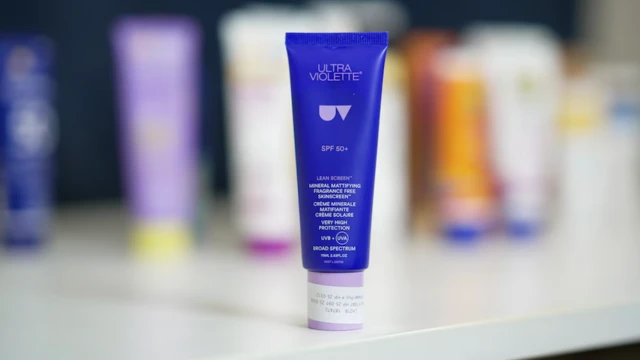Australia’s Sunscreen Crisis: Testing Scandal Shakes Consumer Trust in Skin Cancer Protection

Unprecedented Sunscreen Scandal Unfolds
A major consumer scandal has erupted in Australia, the global epicenter of skin cancer, involving sunscreens that allegedly fail to deliver their advertised protection. The controversy has sparked widespread public concern, government investigations, product recalls, and renewed scrutiny of sunscreen testing and regulation both locally and internationally.
Testing Revelations and Impact
The crisis began in June 2025 when consumer watch group Choice found that some Australian sunscreens fell short of their SPF 50 claims. Their investigation revealed that 16 out of 20 sunscreens tested failed to meet their SPF claims.
The most concerning case involved Ultra Violette’s Lean Screen SPF 50+, which performed at just SPF 4 in testing. By August 2025, Ultra Violette announced the immediate withdrawal of Lean Screen after multiple independent tests showed SPF results ranging from 4 to 64.
Regulatory Response and Industry Impact
In Australia, sunscreens are regulated as therapeutic goods depending on various factors, including their ingredients and health claims. They are regulated to ensure safety, quality and efficacy, with requirements that statements on sunscreen labels must be truthful and not misleading.
The Therapeutic Goods Administration (TGA) has announced it may switch to in vitro tests after reviewing its sunscreen regulation. The agency acknowledged that ‘variability’ in human-subject tests is a known issue due to its reliance on visual estimation of individual skin responses. Experts suggest SPF may be more accurately conveyed as ranges rather than exact values, and the proposed switch to in vitro testing could help avoid such controversies in the future.
Public Health Implications
The significance of this scandal cannot be understated, as two out of three Australians are expected to develop skin cancer in their lifetime. The TGA emphasizes that using sunscreen remains an important measure to prevent harmful effects of ultraviolet radiation, alongside seeking shade and wearing protective clothing. They note that SPFs in the range of 30 to 59 provide ‘High protection’, while SPF 60 or higher provides ‘Very high’ protection, and products with an SPF of 30 are still effective to use.
Global Implications
The Therapeutic Goods Association has launched an investigation into testing practices, noting concerns about subjective testing methods. Experts warn that this issue likely extends beyond Australia, as global brands use similar manufacturers and testing facilities.









